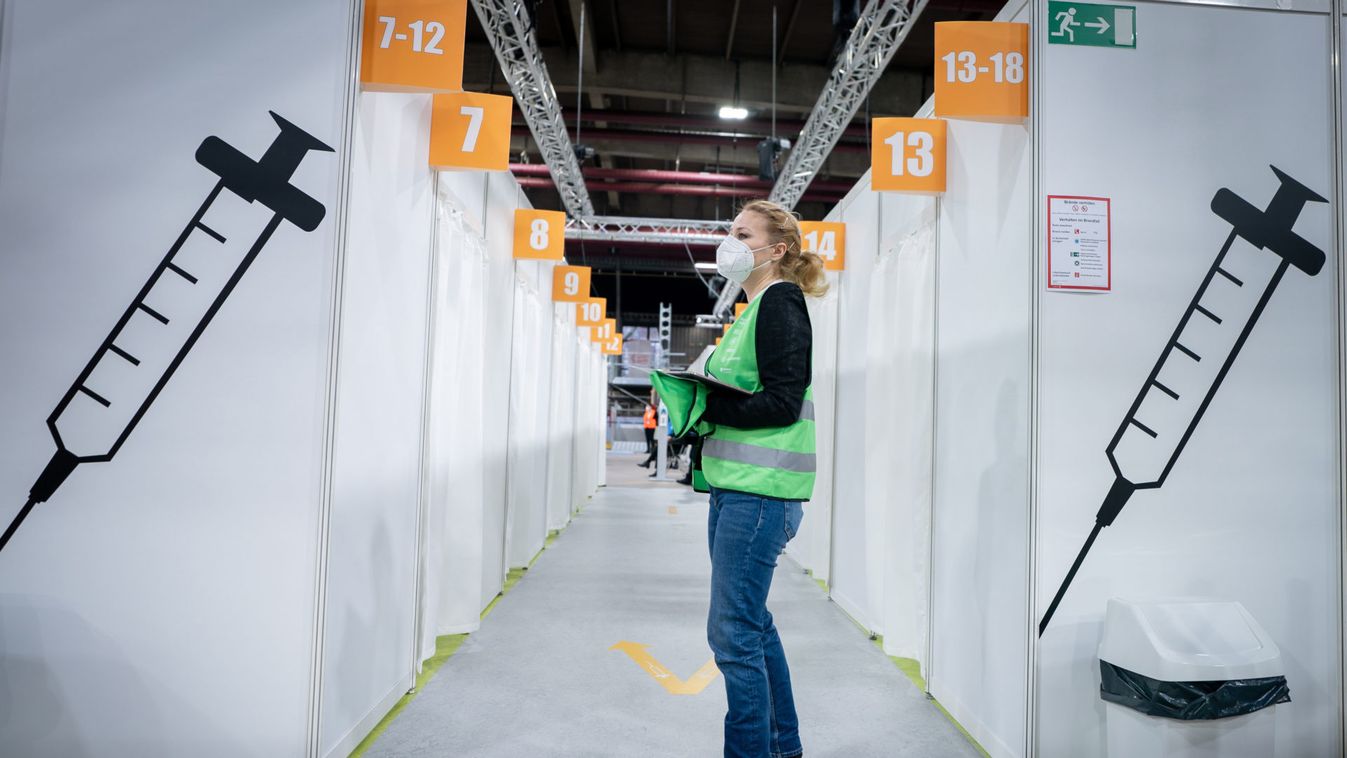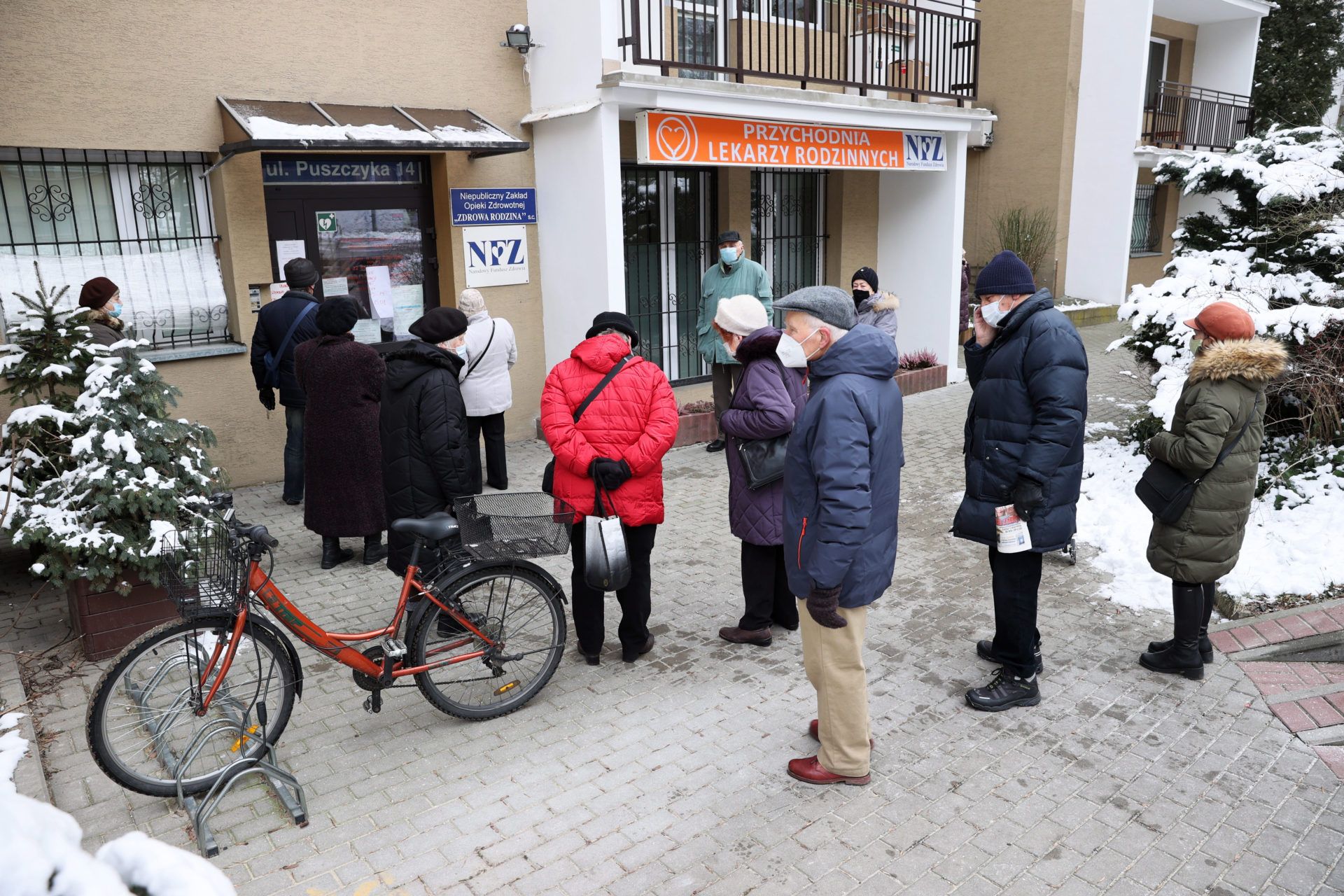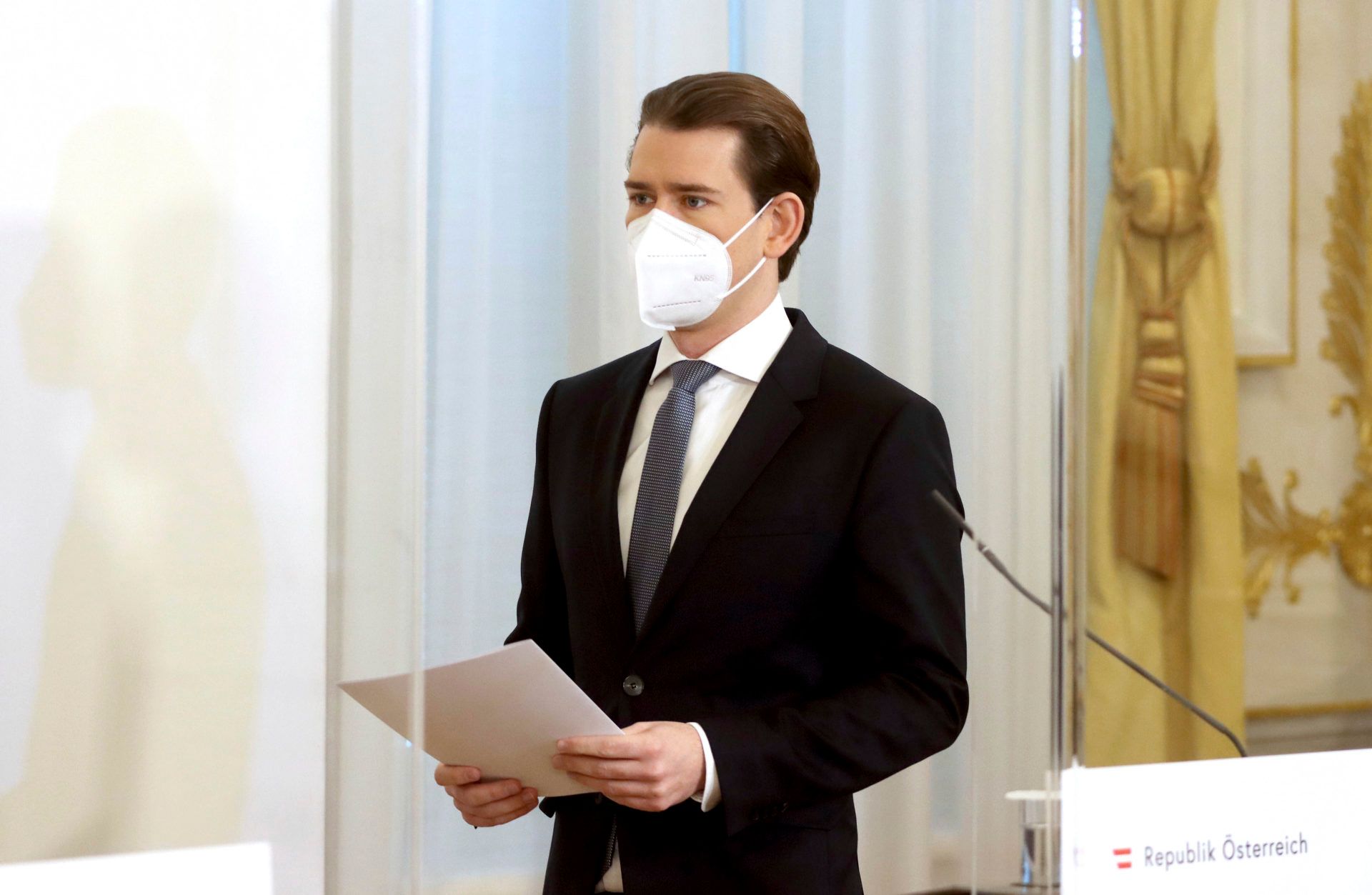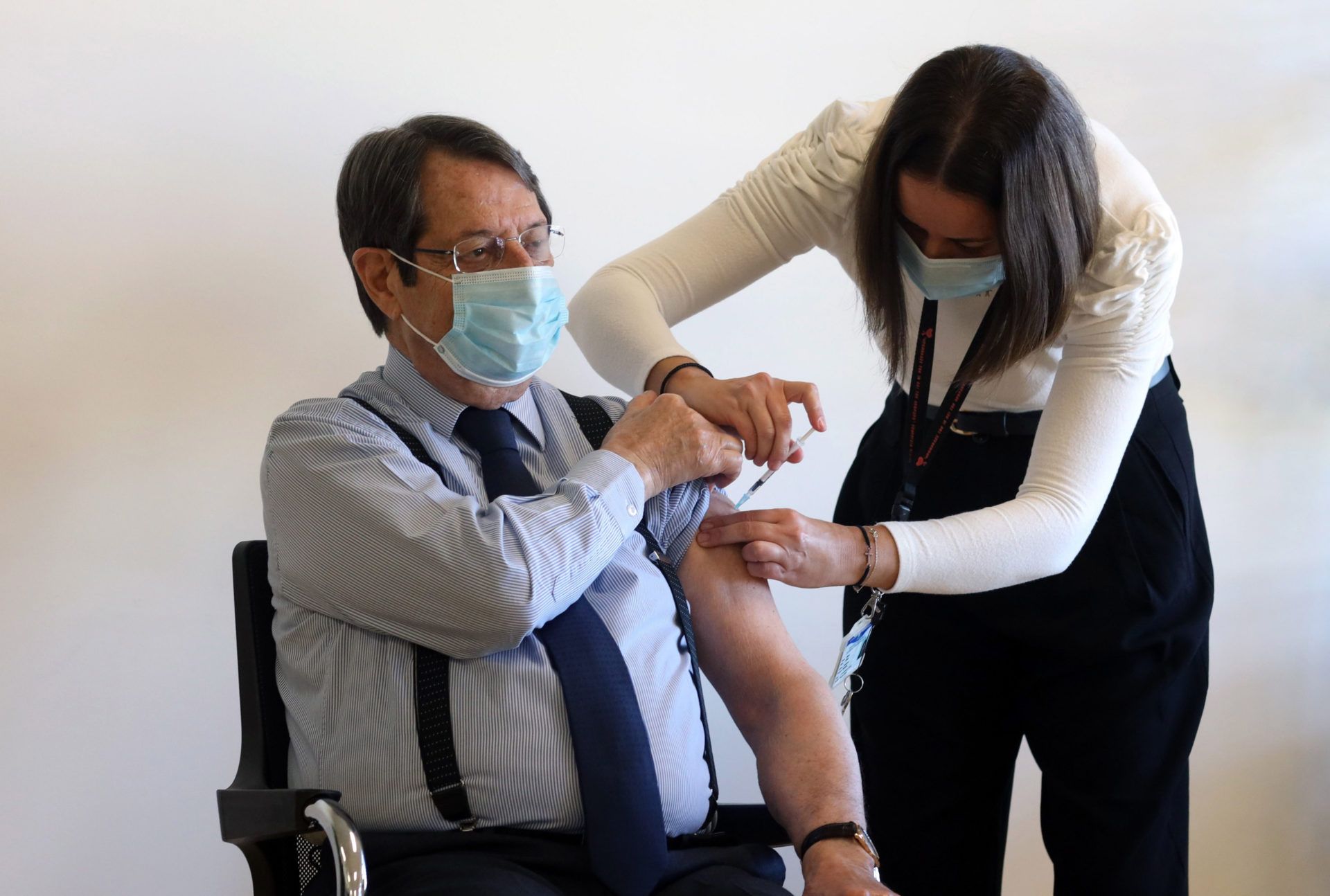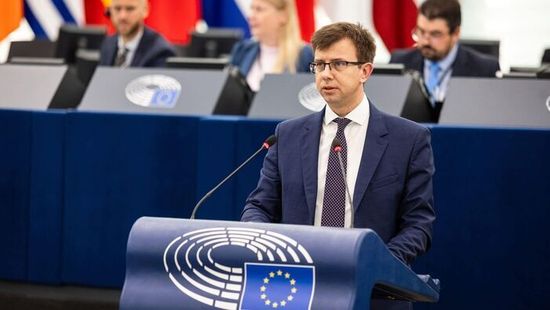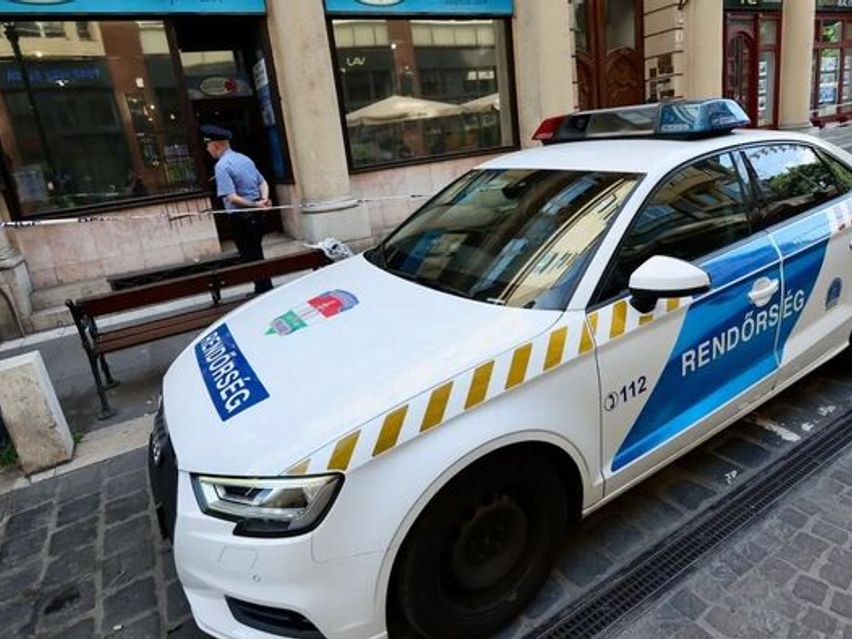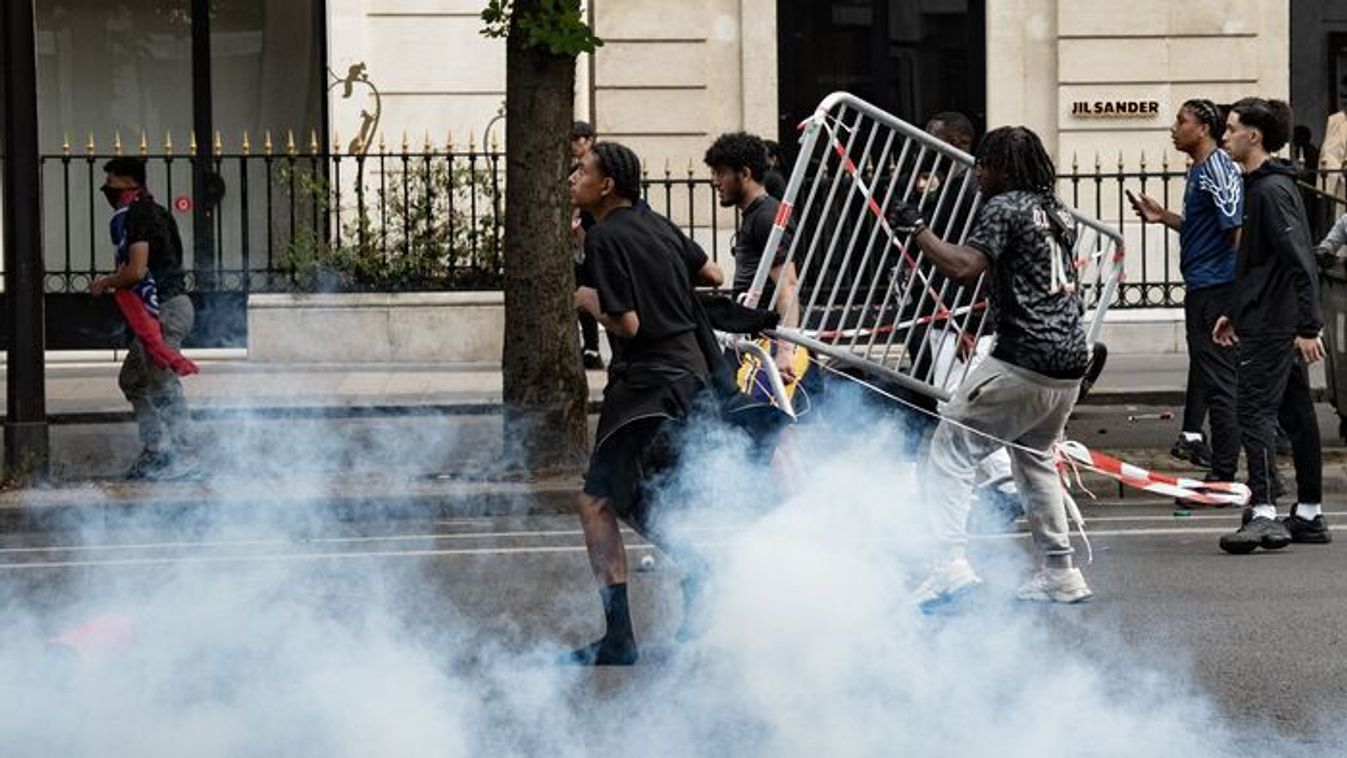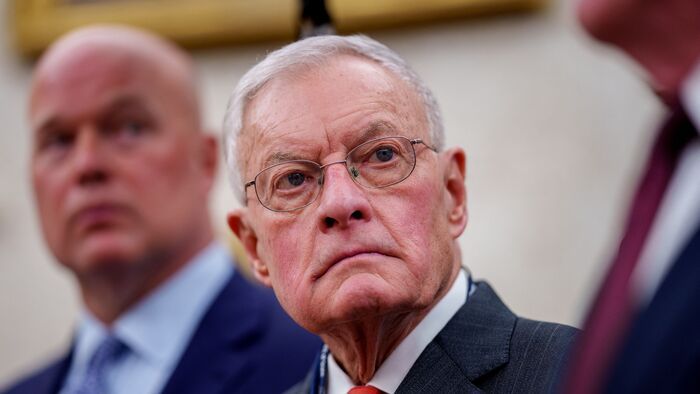The European Commission has washed its hands; it’s unwilling to admit the EU’s severe lag in vaccine procurement compared to other parts of the world. “The bottleneck is global production capacity, not the number of vaccines ordered” contended Stella Kiriakidis, Commissioner for Health and Food Safety. However, she didn’t offer an answer as to why large amounts of already-produced vaccines are being sent elsewhere. They aren’t giving any glimpses into the deals either, the contracts have tied their hands. “Member States must not engage legally with manufacturers in bilateral negotiations, as I have reminded them” warned Margaritis Skinas, Greek vice-president of the institution. Meanwhile however, Germany has apparently bought thirty million vaccines from Pfizer-BioNTech through a separate agreement.
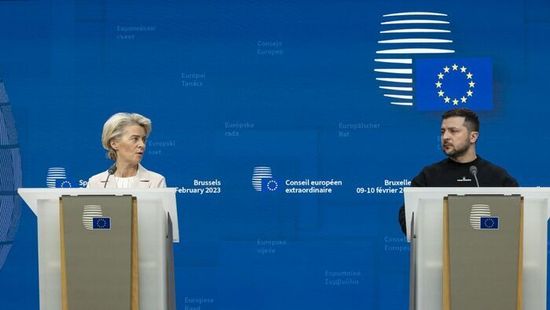
What Brutal Forced Conscription Really Looks Like in Ukraine
Street abductions have become a daily reality in EU-candidate Ukraine.

